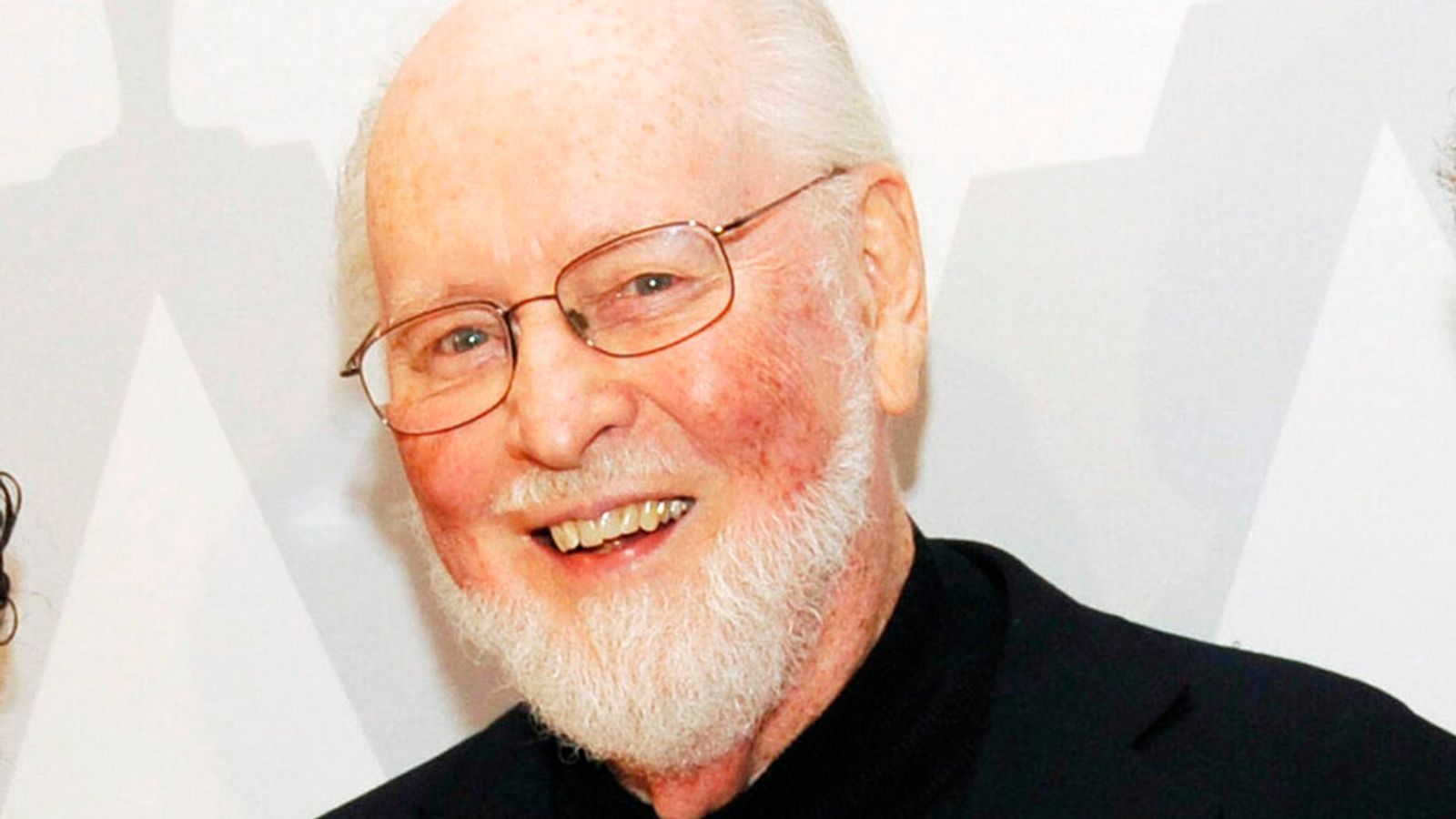
PORTLAND, Maine — One morning, not long before Christmas, Eden York was walking up Congress Street on his way to work at Uncharted Tea. As he passed the end of Avon Street, he noticed a black-and-white flier taped to a pole.
“At first I thought it was a band poster,” York said.
Then he noticed the pair of angular, Aryan faces printed on the paper above the phrase “we have the right to exist.”
“I ripped it down and on the back was a whole lot of racist, hateful stuff,” York said.
This isn’t the first such incident either. Similar racist fliers crop up in the city on a regular basis. Meanwhile, nonwhite political candidates and city councilors have been targeted for harassment. And just last week, a man stood in Congress Square flying a flag that read “It’s OK to be white.”

Now York and other city residents are speaking up, saying they won’t tolerate racist messaging such as the flag, hateful fliers or online harassment of people of color in their city. They don’t believe such things reflect the majority of Portlanders but think white silence in the face of such things equals a tacit agreement.
Michelle Souliere owns the Green Hand book store, across the street from the tea shop where York works. Souliere found the same fliers and ripped down all of them she could find.
“I don’t like the environment fliers like that create in this neighborhood,” she said. “They’re intended to create fear for anyone who is not white. They’re legal, sure, but we know what racism looks like and what they really mean. They’re dog whistles.”
Similar fliers were found in Portland’s West End neighborhood in March 2021.
Shortly before election day 2022, American flags attached to Iraqi-American Portland City Council candidate Aqeel Mohialdeen’s campaign signs were snapped off.
Around the same time, Avery Kamila found what she calls disturbing fliers in her Bayside neighborhood.
“People are free to express their ideas but when their ideas are just hate, it’s not OK,” Kamila said.
On Feb. 1, the start of Black History Month, Richard Ward, who unsuccessfully ran for Portland City Council and the school board, stood on the corner of Congress and High streets flying a flag reading “it’s OK to be white.” The spot, which is part of Congress Square, is a popular place to protest and rally because of the steady stream of cars heading down High Street.

Ward maintains his flag was not racist but admits he was trying to provoke a reaction from passersby.
“Some people honked their horns and gave me the thumbs up,” Ward said. “But a lot of people gave me the finger, too.”
Ward said he felt compelled to unfurl his flag in public because he’s been told that his opinions don’t matter because he’s a white male.
“I’m totally anti-racist,” he said. “It’s not a hate flag. I just don’t believe every white person is a racist.”
Souliere and York aren’t buying it, saying seemingly benign statements like the one on Ward’s flag are, in fact, not-so-subtle statements of white supremacy.
This week, the Portland Press Herald reported City Councilor Victoria Pelletier had been the victim of online harassment and threats after speaking out against Ward’s flag.
When Souliere heard about the threats, she spoke out at Monday’s council meeting.
“When we speak up to authorities about people with signs in public places that we all know are racist, aggressive, and poisonous to our community, we are told in response that this is free speech and that the city will tell them to desist only if the person aggressively harasses bystanders. I understand this,” she said. “However, we know full well that in this particular instance, this is someone who is pushing the concept of free speech to accommodate their hate speech. How can we in the community assist in paving the way for the City to take a stand on this?”
Souliere’s action prompted several city councilors to issue statements the next day, in support of Pelletier. City Councilor April Fournier, who is Native American, was one of them.
“I’m so very angry that we have community members who stand up and proclaim white supremacist sentiments in such a brazen way,” Fournier said. “If our allies don’t see it, if we don’t talk about it, if we just ignore it, then we, as the impacted community, experience a very real death by a thousand cuts.”
Pelletier did not return emails seeking comment and the phone number listed for her on the city website has been disconnected.
Souliere said she was glad other councilors spoke up, at her prompting.
“My hope is that if we speak up, and show we’re not asleep on our watch,” she said, “we can make Portland a better place. We can’t let this kind of thing get embedded in the community.”









